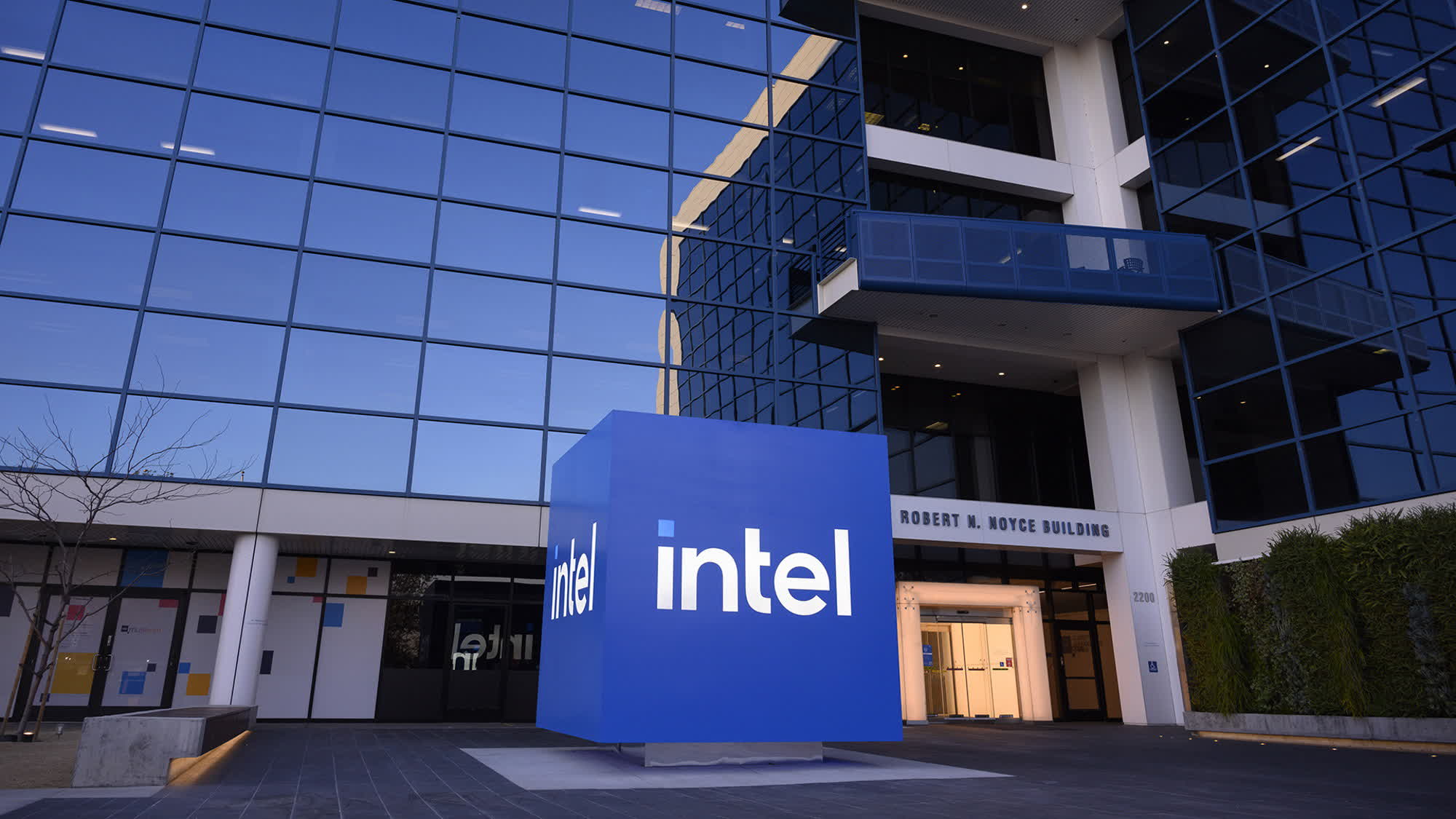Hot Chips: The European Court of Justice, which is the European Union’s version of the US Supreme Court, has upheld a previous decision to cancel a billion-dollar fine against Intel. The company didn’t infringe EU antitrust laws with conditional rebates for CPU resellers; at least, there is no definitive proof it did.
Intel is going through a rough time right now, and things will likely get worse before they get better. The US chipmaker needed some good news, and the European judiciary system obliged with a recent ruling in the chipmaker’s favor. A new judgment by the European Court of Justice (ECJ) cleared Intel of any wrongdoing in a decade-long case, upholding a decision from a lower court by rejecting the EU Commission’s attempt to fine it for violating antitrust laws.
The ECJ judgment officially supports the annulment by the General Court of the EU Commission’s decision to punish Intel with a $1.1 billion fine for abuse of dominant position. The Commission – Europe’s primary executive institution – fined Intel in 2009, stating that the company paid prominent PC manufacturers Dell, HP, NEC, and Lenovo to choose its CPUs over processors from AMD and other competitors.
In 2014, the EU General Court confirmed the Commission’s decision to fine, ruling against Intel. Chipzilla appealed and asked the Court of Justice to re-examine the case, and the ECJ sent the case back to the General Court. The CG decided to take a closer look and ultimately flipped its opinion, siding with Intel and dismissing the Commission’s fine in 2022.

This second ECJ decision is the final say on the convoluted antitrust case.
“The Court of Justice dismisses the Commission’s appeal, thereby upholding the judgment of the General Court,” ECJ’s press release states.
Earlier this year, an adviser of the General Court said that the economic analysis by the Commission failed to prove Intel’s alleged anticompetitive behavior.
Intel’s rebates date back to 2002, meaning it took over twenty years for Europe’s highest court to close the case. In its 2022 decision, the General Court also confirmed that Intel paid PC manufacturers to block or delay the launch of competing systems. For this “naked restrictions” practice, the court imposed an additional $400 million fine.
A spokesman for the European Commission said the ECJ statements focus solely on the CG decision concerning conditional rebates. Intel didn’t appeal the General Court’s judgment about naked restrictions, so the additional $400 million fine has become final.





